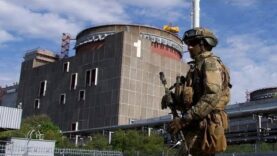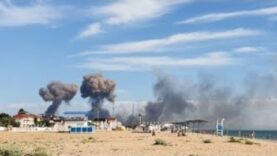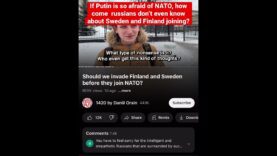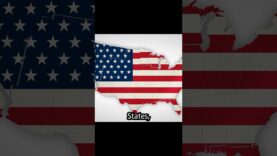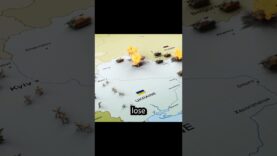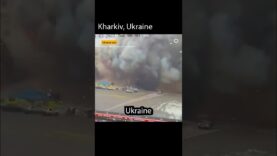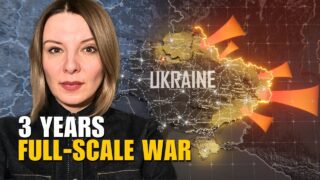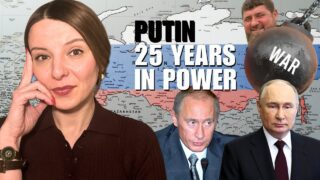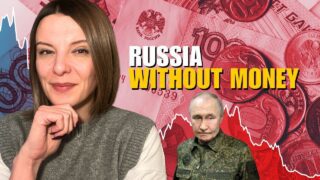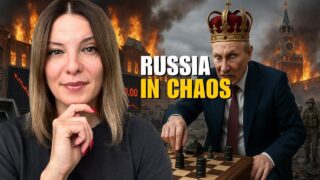How Russia’s War on Ukraine is Shaping the Course of the 21st Century
How Russia’s War on Ukraine is Shaping the Course of the 21st Century
Video Summary
The crux of the issue lies in the recognition of Ukraine’s territorial integrity, a principle that is enshrined in international law. The creation of the so-called Donetsk and Luhansk “people’s republics” by the Kremlin has been met with widespread condemnation, and any meaningful progress towards a peaceful resolution can only be achieved if Russia withdraws its forces from occupied territories and respects Ukraine’s borders.
Russian President Vladimir Putin’s insistence that Ukraine recognize the independence of these regions is seen as a non-starter by the Ukrainian people, who have suffered greatly as a result of Russian aggression. Indeed, any such recognition would only embolden Putin to launch further military campaigns against Ukraine in the future. The international community must remain vigilant in its support for Ukraine, recognizing that the country’s sovereignty and territorial integrity are of paramount importance.
The Russian people, led by Putin, continue to back the war effort, hoping to eventually conquer all of Ukraine or, at the very least, force the Ukrainian leadership to recognize the false territorial realities created by the Kremlin. However, the civilized world must recognize that Ukraine’s position is the correct one, and that international law and the country’s recognized borders must be respected.
The outcome of this conflict will have far-reaching implications, shaping the course of future conflict events and the history of our time. It is essential that the world stands in solidarity with Ukraine, providing the necessary tools and weapons to defend its borders and resist Russian aggression. Only then can we hope for a just and lasting peace in the region. The ongoing struggle for Ukraine’s freedom and independence is a beacon of hope for the world, and it must be supported in its quest for a peaceful and secure future.

